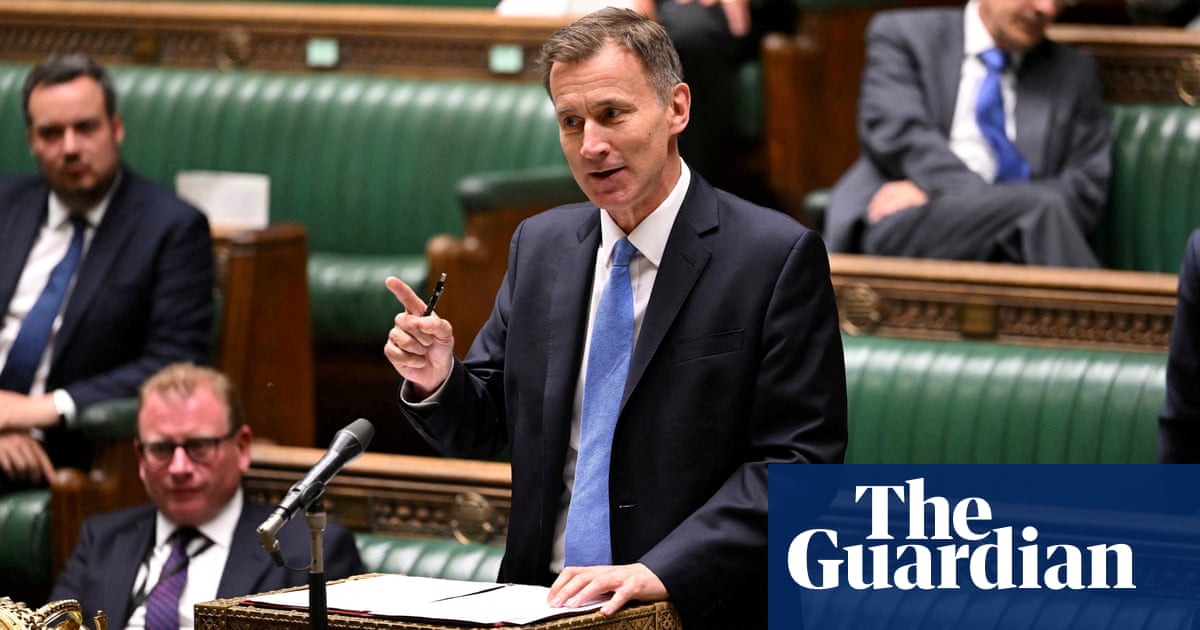
The amount of sugar consumed by children from soft drinks in the UK halved within a year of the sugar tax being introduced, a study has found.
The tax, which came into force in April 2018, has been so successful in improving people’s diets that experts have said an expansion to cover other high sugar food and drink products is now a “no-brainer”.
The research, published in the Journal of Epidemiology and Community Health, looked at responses from 7,999 adults and 7,656 children between 2018 and 2019 to the annual nationally representative UK National Diet and Nutrition Survey.
It showed that the daily sugar intake for children fell by about 4.8g, and for adults 10.9g, in the year after the levy’s introduction.
The total dietary free sugars, including food and drink, in children was about 70g a day at the beginning of the study, but this fell to about 45g by the end.
For adults, the study found that the total dietary free sugar consumption stood at about 60g a day, and fell to about 45g a day by the end of the study.
But despite this reduction, the amount of sugar consumed by adults and children still remains above the recommended guidelines and is contributing to high levels of tooth decay, obesity, diabetes and other illnesses.
Eddie Crouch, the chair of the British Dental Association, said that the sugar tax was delivering “tangible results” and was effective.
He added: “Extending it to the likes of cereals is a no-brainer for any government that cares about prevention. This needn’t add to the cost of living. Where voluntary action on reformulation has failed, the levy forces the food industry to do the right thing.”
According to the World Health Organization and the UK Scientific Advisory Committee on Nutrition, the consumption of free sugar should be below 5% of a person’s total calorie intake. For adults, this would be limited to 30g of sugar a day, 24g for children aged between 7 and 10, and 19g for children aged between 4 and 6.
Dr Nina Rogers, the lead author of the study and part of the University of Cambridge School of Clinical Medicine, said: “The findings of our study are encouraging and show that the UK soft drinks industry levy is linked to a significant reduction in daily sugar intake in adults and children. These results are consistent with previous research which show a reduction in household purchasing of sugar from soft drinks one year after adoption of the levy.”
She added: “The new UK government might want to consider extending the tax to other (currently exempt) drinks which have a high sugar content, or even to some foods. They might also want to look at restructuring the tax to apply a per gram of sugar/100mls rather than threshold-based levy.”
Dr Kawther Hashem, a lecturer in Public Health Nutrition at Queen Mary University of London, said: “This new analysis drives home the importance of policies designed to improve the nutritional quality of food and drink. In particular, the soft drinks industry levy (SDIL) in the UK has proven to be an effective lever to encourage food and drink manufacturers to reduce sugar.
“With a new government now in place, policymakers are urged to consider applying a similar levy to other discretionary products that are key contributors to sugar intake, such as chocolate confectionary, to shift diets towards a healthier direction.”
A Department of Health and Social Care spokesperson said: “This government will take action to prevent ill-health and tackle the obesity crisis head on, easing the strain on the NHS and helping people to live well for longer.
“We will introduce tight restrictions on advertising junk food, alongside banning children from being able to purchase sugary, high-caffeine energy drinks.
“By building a healthier society, we will help to build a healthy economy.”












